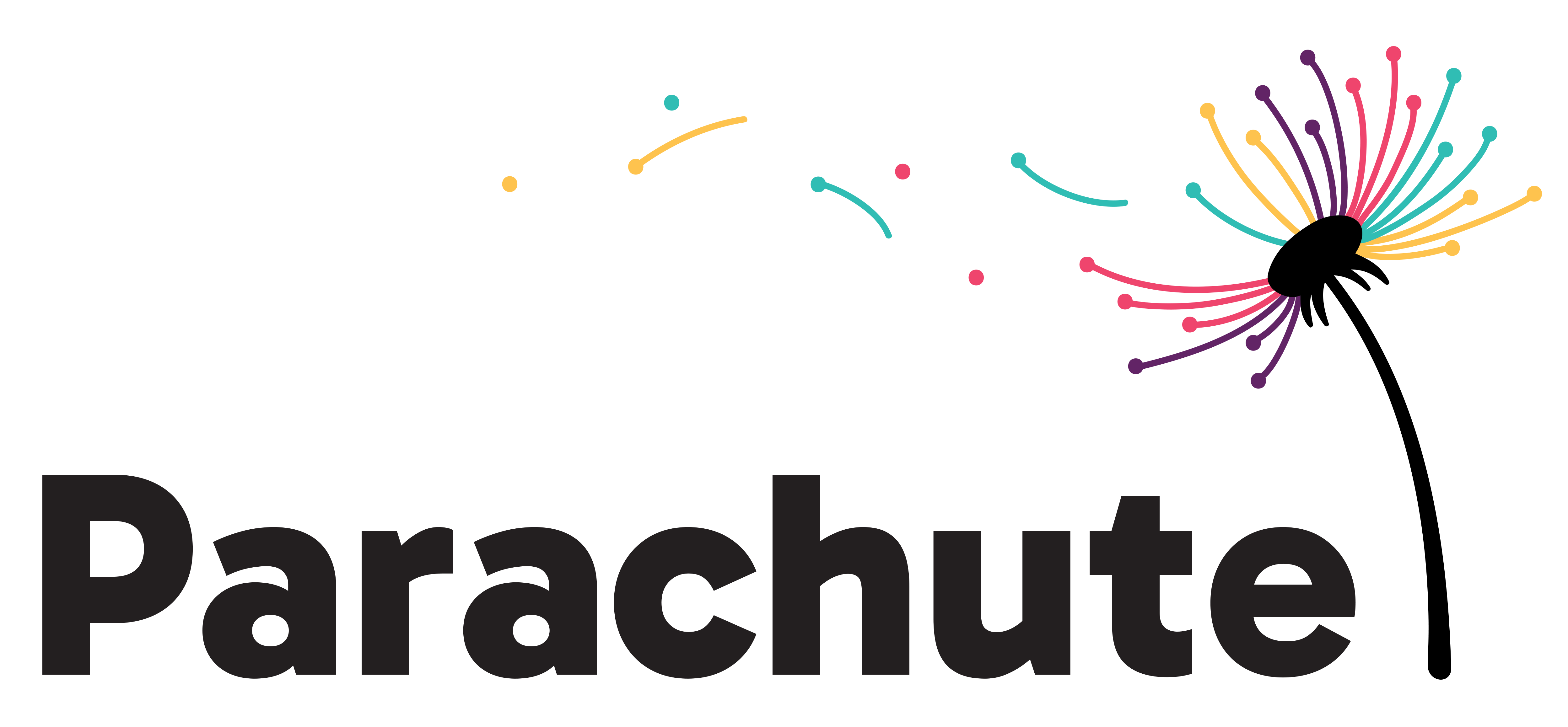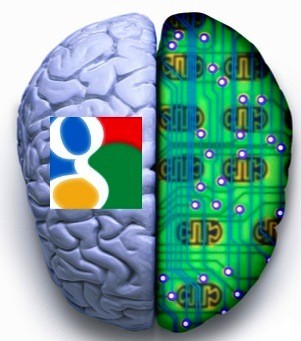As you may or may not know, the University of NSW’s Faculty of Engineering is one of my clients, and on Friday we were speaking about the up-coming 2013 university enrollments and how the website traffic has been affected (as they had until midnight on Friday to change their degree preferences after receiving their high school certificate (HSC) marks in late December). This reminded me of many conversations I’ve had with my sister about whether or not the HSC is a relevant measurement of intelligence or is it perhaps just an indication of how well we can remember information?
When I was younger and would challenge my Dad on some piece of suspect information he had just bestowed upon me, he would often say “I’ve forgotten more than you know”. I always scoffed and thought “whatever” but now that I am older and can’t remember how to do long division without a calculator and the World War II history facts that I used to know seem to have faded from my memory, I started to believe that he is right. And as I sat down to write this blog post this morning, after finishing a pretty cool book about memory, from an impressive young journalist, Joshua Foer “Moonwalking with Einstein” – the point has become far more poignant.
My intention was to recall the HSC measurement of intelligence question that my sister and I have often discussed and put forward my argument, supported by Joshua Foer’s research in Moonwalking with Einstein, that the way our NSW curriculum measures intelligence is more about how well we can memorise information and regurgitate it in an exam, than it is about how intelligent we are. And I was sure that I had read (and underlined) a quote about how the measurement of intelligence is changing with technology (as human behaviour changes with it) and future students will soon be tested against how well they can use tools to find information, rather than remembering it. But I can’t remember which book this supporting quote can be found in!!! So, true to the analogy, I must resort to using the internet (Google more specifically), the most powerful external memory tool, to find this piece of supporting information.
And Google does not disappoint. While its not exactly what I was looking for, MIT is doing some research into the collective intelligence of groups of people and how “people interact effectively with new approaches for modeling the information processing that occurs in human-machine groups” and “we will use the results of these first two approaches to develop and test computational tools or other methods for increasing the collective intelligence of groups. For instance, we may develop and test new tools for filtering information more efficiently or for combining the judgments of multiple people more effectively.”
So while my argument is not very well formed on this morn, this blog post is more of an observation coupled with a specific example of how well my memory does not work and how reliant (and confident) I am on external memory tools, such as Google and the internet, to keep me informed. I don’t believe my lack of memory is a reflection on my intelligence (although this poorly-formed argument may be some evidence) – I think intelligence is better measured by our ability to concept thoughts, ideas and strategies and how resourceful we are at validating them, using resources available to us to enhance them with supporting information, data and evidence and how successful we are at packaging them up and selling them to our peers and superiors who will then determine if they stand up to their critique.
After 12 months of memory training and winning the US Memory Championship, on the second last page of his book, Moonwalking with Einstein, Joshua Foer asks the question “why bother investing in one’s memory in an age of externalized memories?” and then beautifully answers it a paragraph or so later with “Now more than ever, as the role of memory in our culture erodes at a faster rate than ever before we need to cultivate our ability to remember. Our memories make us who we are.” I don’t think he’s talking about intelligence or the importance of remembering information to do well on a test, he’s reminding us that facts, provided by external memory tools, are not memories.

